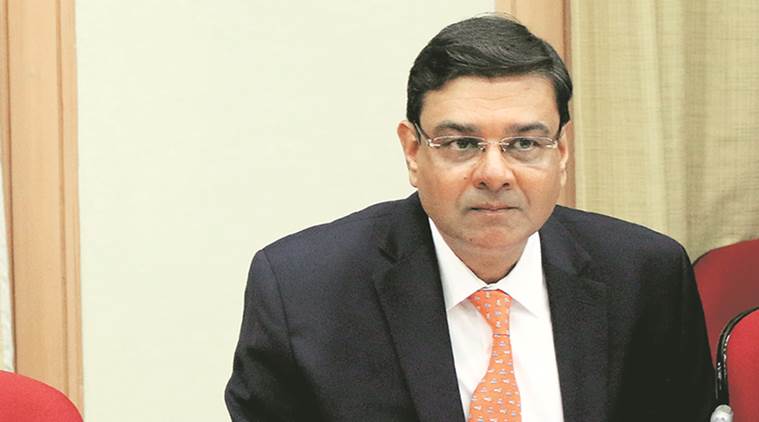
Calling for swift and time-bound resolution of stressed assets, Reserve Bank Governor Urjit Patel said on Saturday that bad loans at 9.6 per cent were not acceptable. Speaking at Confederation of Indian Industry (CII) event on insolvency, Patel said, “Gross NPA ratio of the banking system at 9.6 per cent and stressed advances ratio at 12 per cent as of March 2017 on the back of persistently high ratio in the past few years, is indeed a matter of concern.”
Blaming lenders for having poor credit appraisal systems, Patel said the practice led to the pile of bad loans which tops over Rs 9 trillion now. “There is large NPA resolution contingent on balance sheet of state-run banks. They may have to be recapitalised,” he was quoted as saying by news agency PTI. “Swift time bound resolution or liquidation of stressed assets will be critical for delogging the balance sheet and for efficient reallocation of bank capital,” he said.
Since the balance sheet of most state-run banks are not healthy enough to take deep haircuts, which is need for any bad loan resolution, the other option is recapitalisation. “NPA resolution would necessitate a higher re-capitalisation of these banks,” Patel said adding that the RBI was conducting dialogues with the Central government to shore up requisite capital. The RBI Governor also said that as much as 86.5 per cent of GNPAs are accounted by large borrowers.
“It is clear that state-run banks will need to take haircuts on current exposures under any resolution plan agreed within or outside the IBC. Higher provisioning requirements on this counts as well as other factors will affect the capital position of several banks,” Patel said. The government and the RBI are considering a range of measures including, combination of capital raising from the market, dilution of government holding, additional capital infusion by the government, merger based on strategic decision and sale of non-core assets.
Finance Minister Arun Jaitley, who was present at the insolvency vent along with Patel and Sebi Chairman Ajay Tyagi, said the new insolvency law had significantly reversed defaulting debtor-creditor relationship. He also said the new insolvency was necessitated since DRTs were not as effective as envisaged. “The ultimate objective of NPA resolution is not liquidation of businesses but to save them,” he said.
[Source”indianexpress”]




